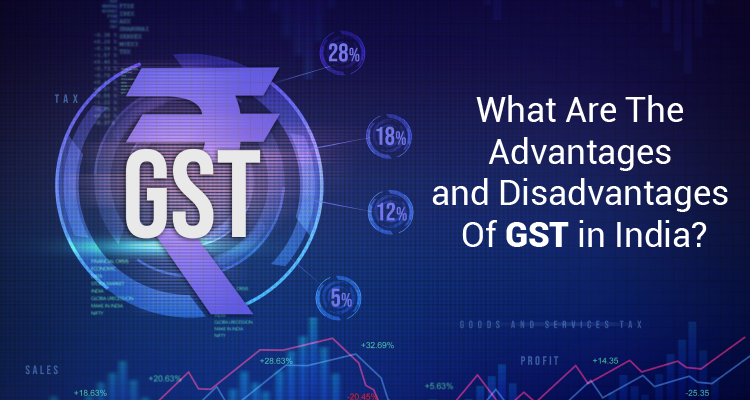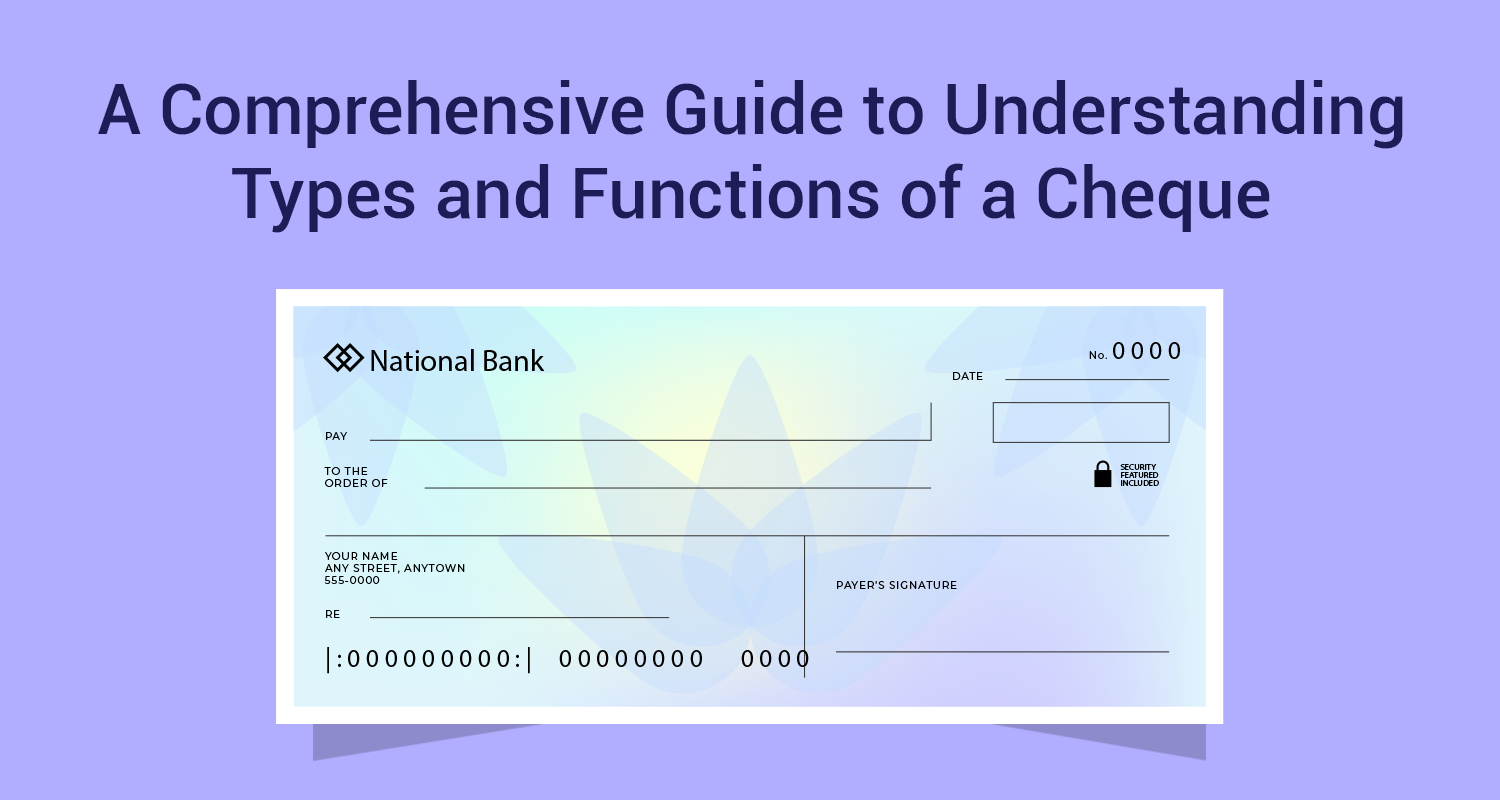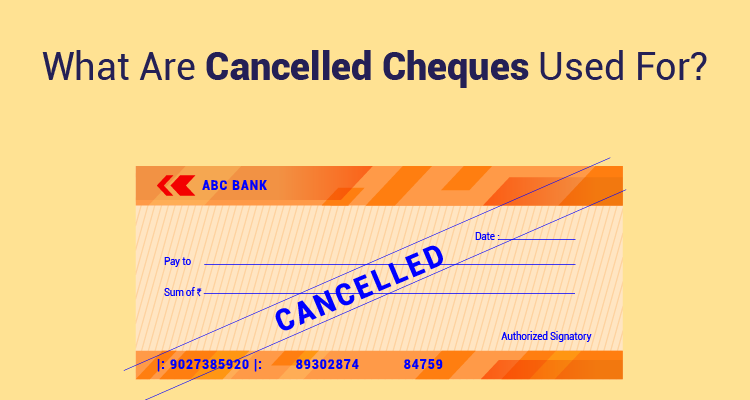What Are the Advantages and Disadvantages of GST in India?
Table of Contents
The Goods and Services Tax, popularly known as GST, has been one of the major tax reforms in the country over the last few decades. It subsumed most of the indirect taxes imposed by the Central and state governments such as value-added tax, service tax and excise duty and unified the Indian market.
The GST is based on the aspirational ideology of “One Nation, One Tax”. It is a multi-stage and destination-specific tax system. Depending on where the goods are produced and at which place they are sold, the GST is further categorised into the following:
• Integrated Goods and Services Tax (IGST):
It applies to imports, exports and cross-border transactions and is collected by the central government.• Central Goods and Services Tax (CGST):
It is levied on intrastate transactions and is collected by the central government.• State Goods and Services Tax (SGST):
It applies to intrastate exchange of goods and services and the state is responsible to collect it.• Union Territory Goods and Services Tax (UTGST):
This tax is applicable on transactions within union territories.Any reform, especially one as big as GST, is bound to have its advantages and disadvantages. Let us look at some these.
Advantages of GST
Elimination of Cascading Effect of Tax
Earlier, the tax liability at each production level included taxes collected in the previous stage. This would inflate the cost of the product and consumer had to bear the burden of multiple indirect taxes. This is best described as ‘Tax on Tax’ effect. One of the advantages of the GST is a simplified and integrated taxation system. It uses Input Tax Credit system to remove the cascading effect of taxes.Higher Threshold for Registration
Earlier, any business with a turnover of Rs 5 lakh or more had to pay VAT. Similarly, the threshold for service tax was Rs 10 lakh. Under GST, the threshold has been set at Rs 20 lakh. This is one of the many advantages that the GST has brought to many small traders and service providers.Easy Online Procedures
The process from registration to filing of the GST has been made online and is simple. This saves cost and time of traders to run from pillar to post to get different registrations and filing done under VAT, excise duty and service tax. This leads to lesser number of compliances, too.Composition Scheme
This is beneficial for small businesses with a turnover of Rs 20 lakh to Rs 75 lakh. It gives them an option to lower the taxes by paying the GST at a fixed turnover rate and avoiding GST formalities.Increase in Profits Due To Improved Logistics
In order to reduce state-entry taxes and other inter-state formalities, businesses used to maintain multiple warehouses across the states. These warehouses were forced to operate even at levels below their capacities. This used to increase the product costs. With GST in effect, businesses have shown interest in operating warehouses at strategic locations only, helping cut logistic costs.Unorganized Sector Has Been Regulated
Certain industries such as construction and textile were unorganised. The GST regime has brought accountability and regulation to these industries. This is because input credit can be availed only when the supplier has accepted the amount.Reduction in Tax Evasion
The rigours of the GST have made it difficult to evade tax, adding to the many advantages the government gets from such a unified scheme of taxes.Disadvantages of GST
Software Update or Purchase
Most enterprises will have to invest their capital in either updating their existing software to make it GST-compliant or purchase a new one.Operational Cost
The firms need to adhere to GST norms, which imply they should be billing their product as per the GST requirements. This means the companies have to incur costs to get a GSTIN, file timely returns, employ a tax professional who knows about GST or equip its own employees with the knowledge, and maintain digital record-keeping.SMEs Will Have A Higher Tax Burden
Though SMEs can opt for the composition scheme and pay only 1% tax on turnover and abide by less compliance, but they will not be able to claim input tax credit.Tax On Increased Articles
To avoid the inverted duty structure, many articles that were earlier exempt from taxes had to be brought under the GST.Conclusion
The government has tried to establish a more open and transparent tax system in the country with the introduction of the GST. The new regime has unified the indirect tax structure of the country, helping reduce compliance for many businesses. While this has been an advantage, like any other system GST too will take time to sort out the disadvantages mentioned above.
If you are into a business or a service provider and need a business loan you can check the website of IIFL Finance for both unsecured and secured loans. IIFL Finance, one of India’s top non-banking finance companies, offers business loans through a fully online application process that can be completed within minutes and without any hassles.
IIFL Finance offers unsecured business loans of up to Rs 30 lakh and secured loans of up to Rs 10 crore to help small and medium enterprises meet their short-term expenses and plan for long-term expansion.
Disclaimer : The information in this blog is for general purposes only and may change without notice. It does not constitute legal, tax, or financial advice. Readers should seek professional guidance and make decisions at their own discretion. IIFL Finance is not liable for any reliance on this content. Read more




